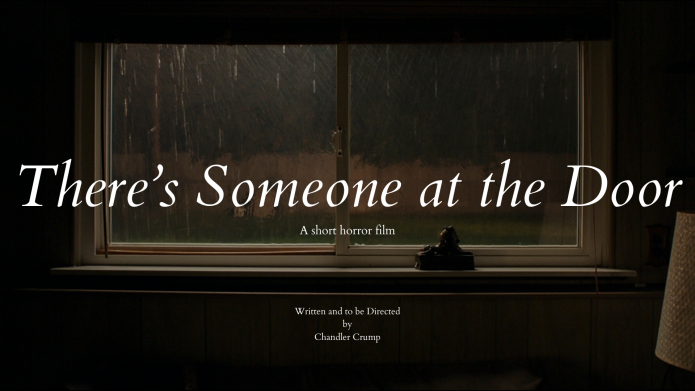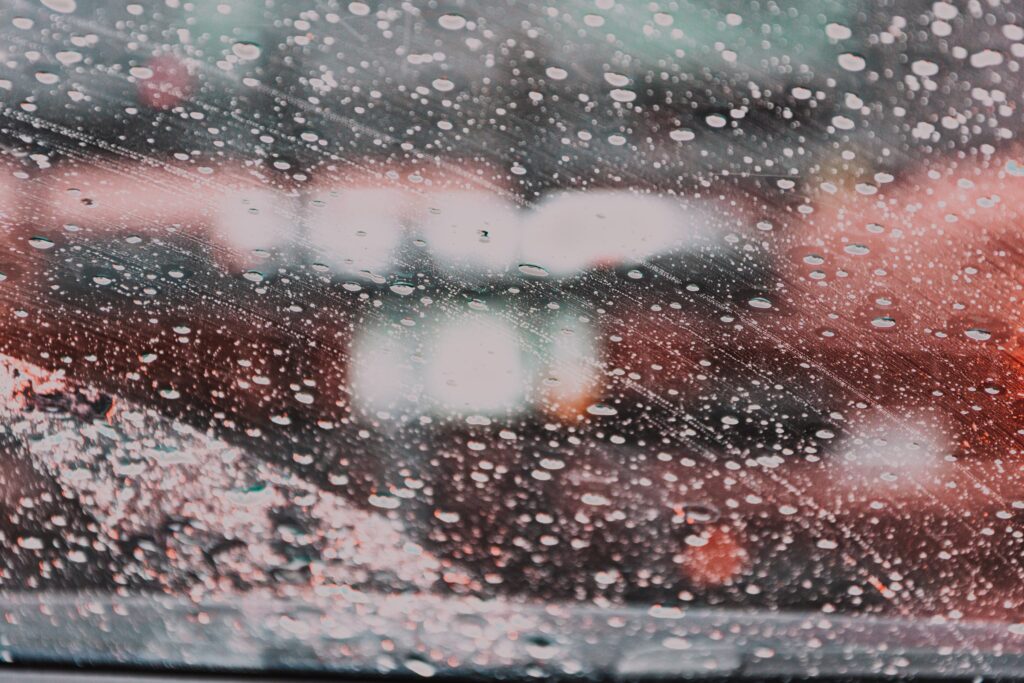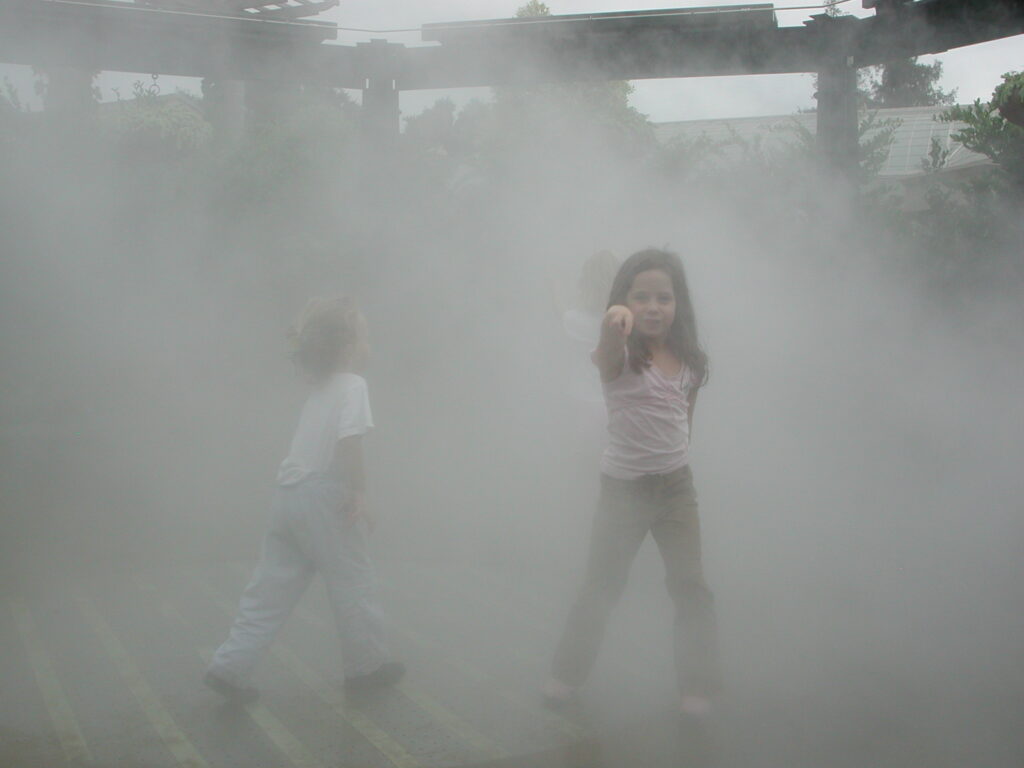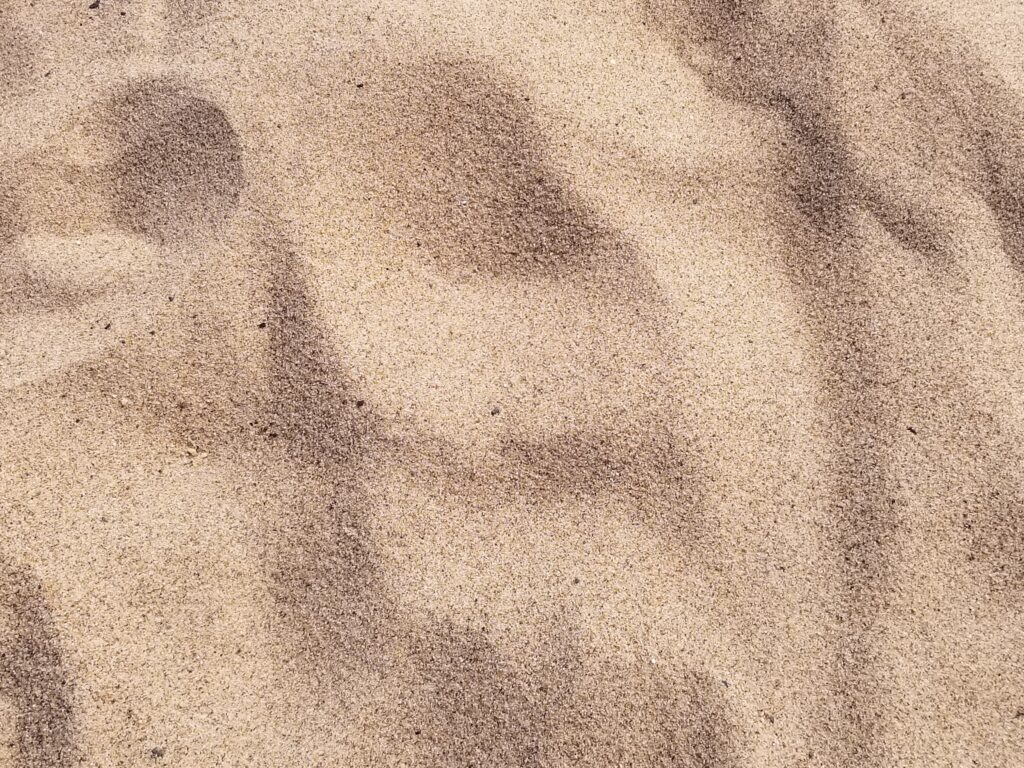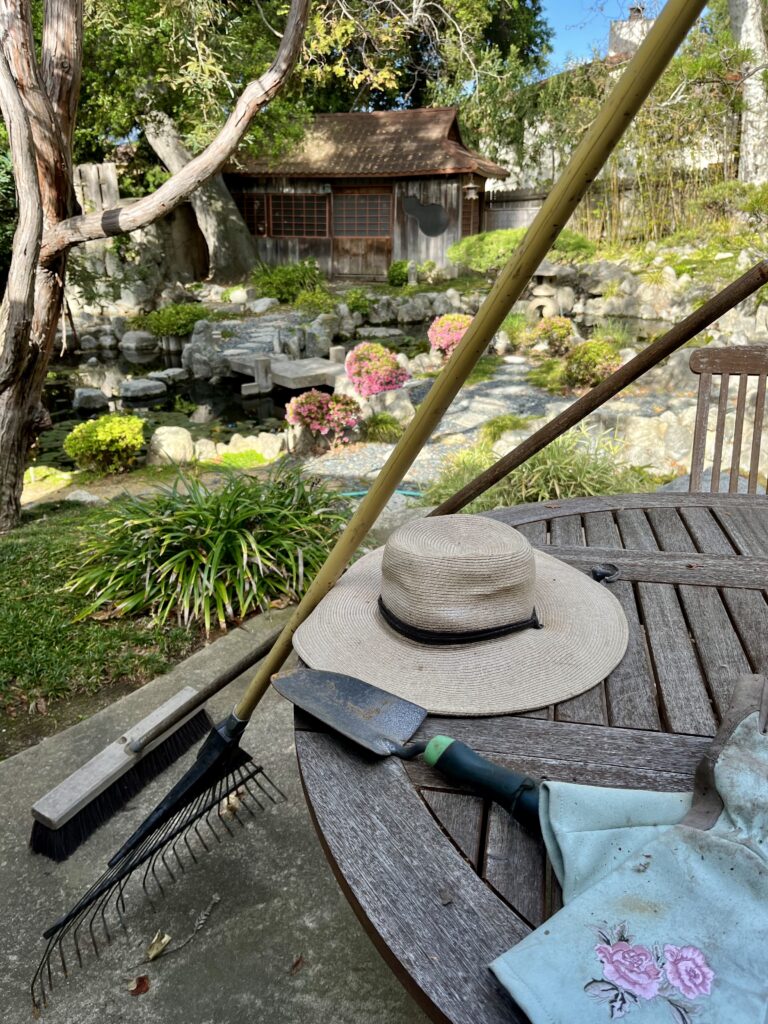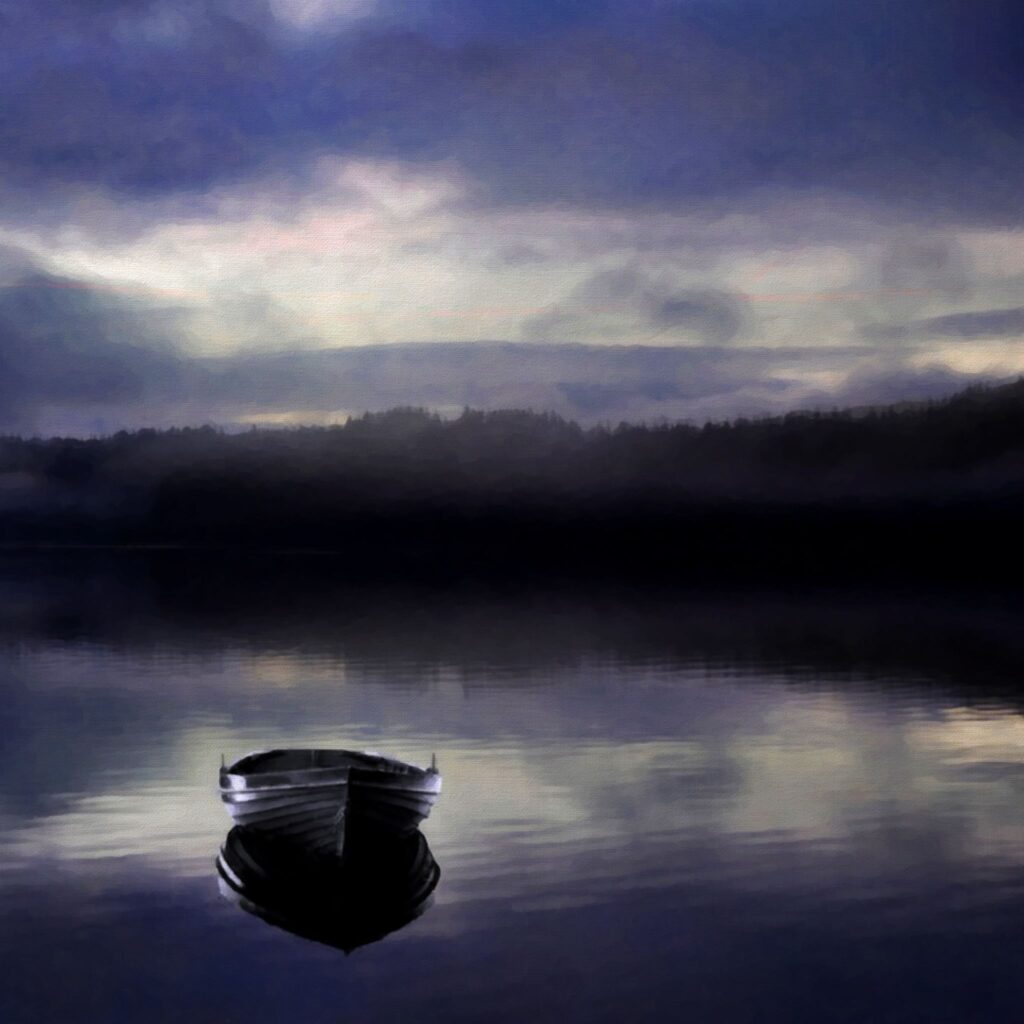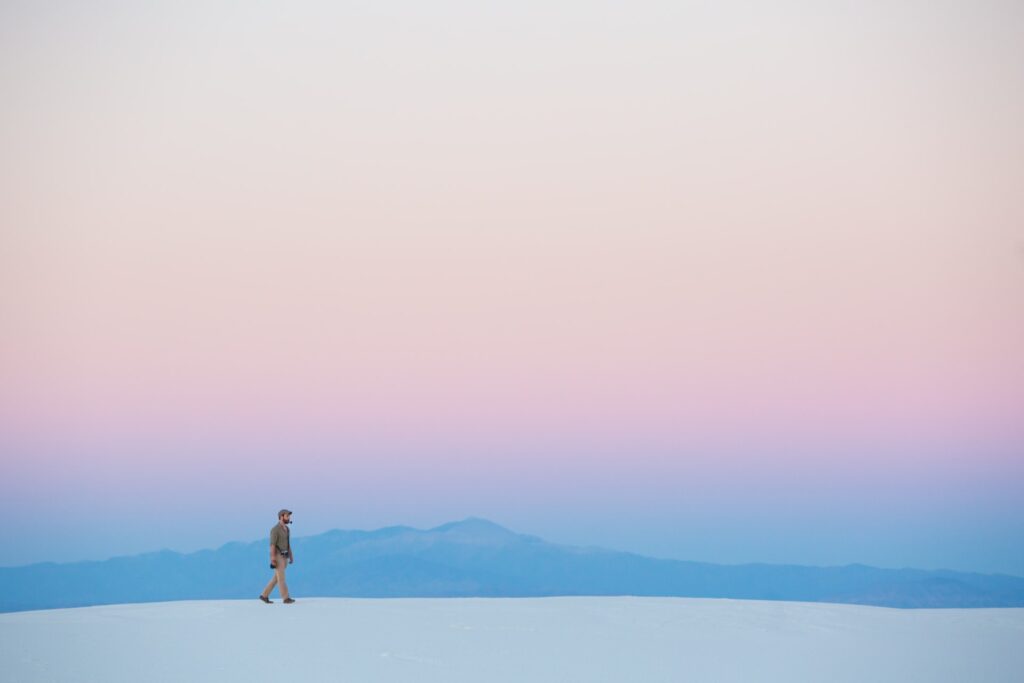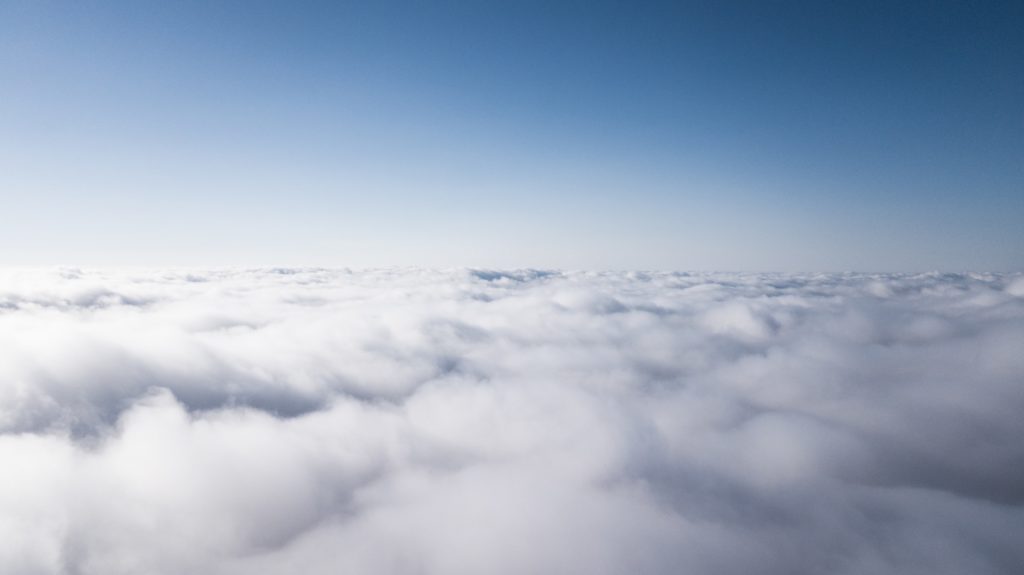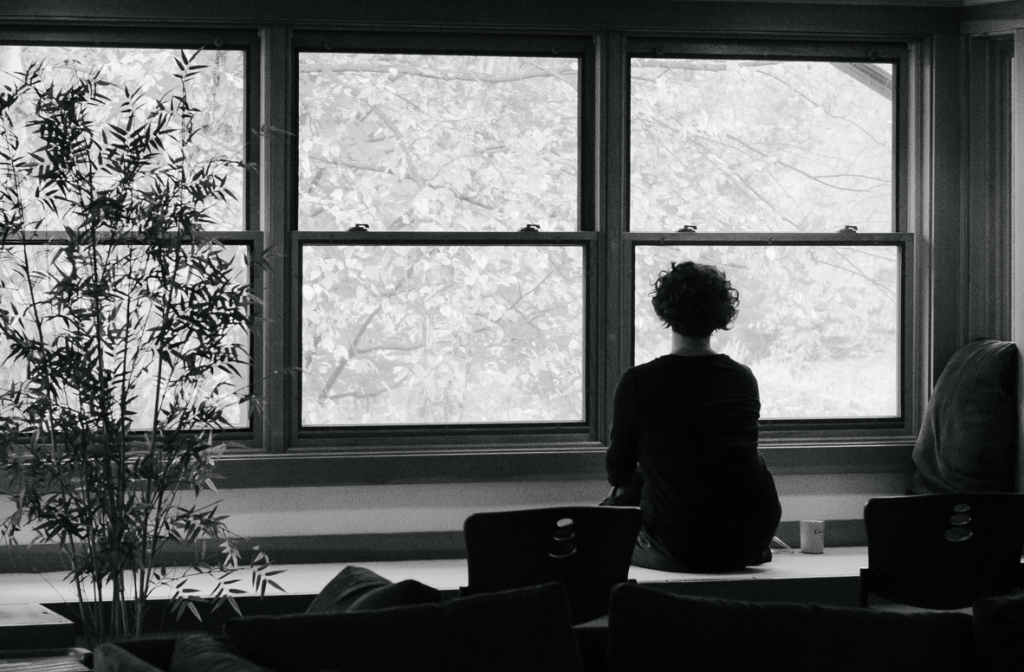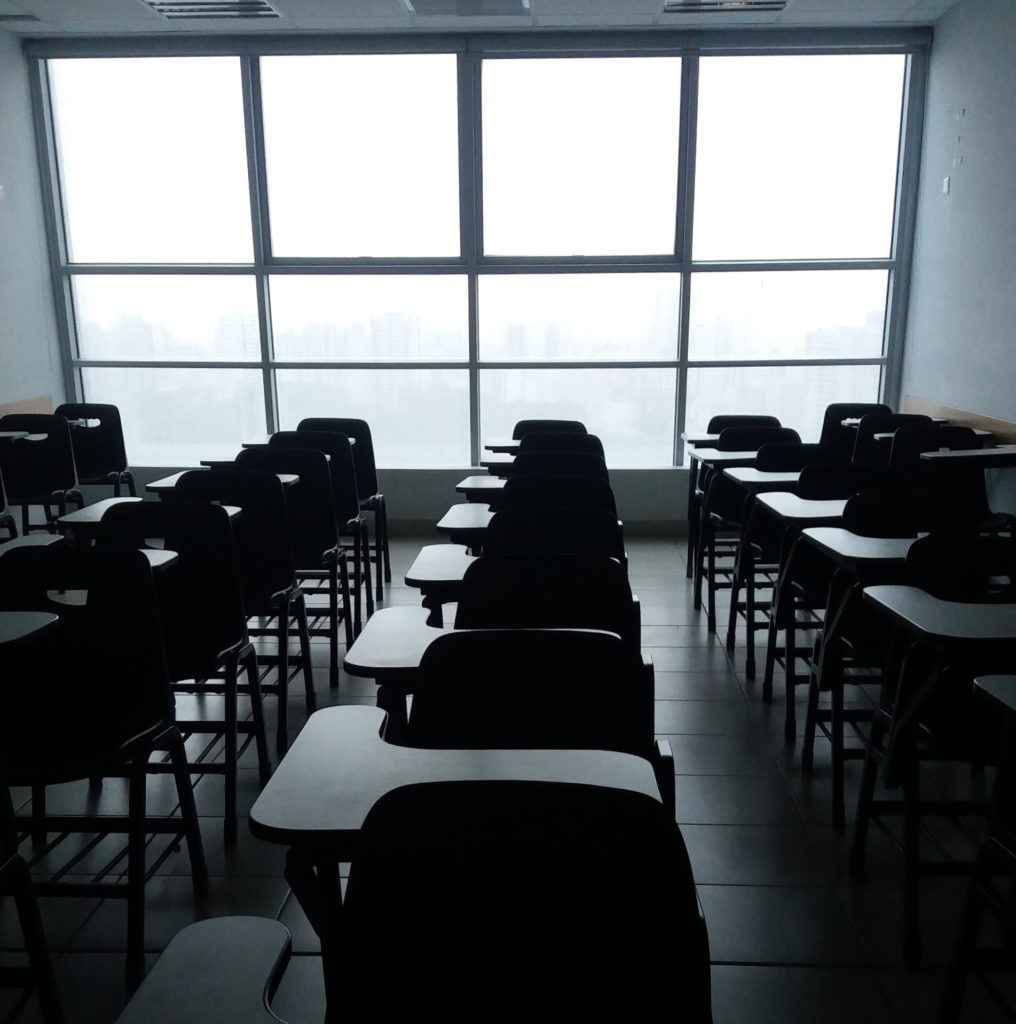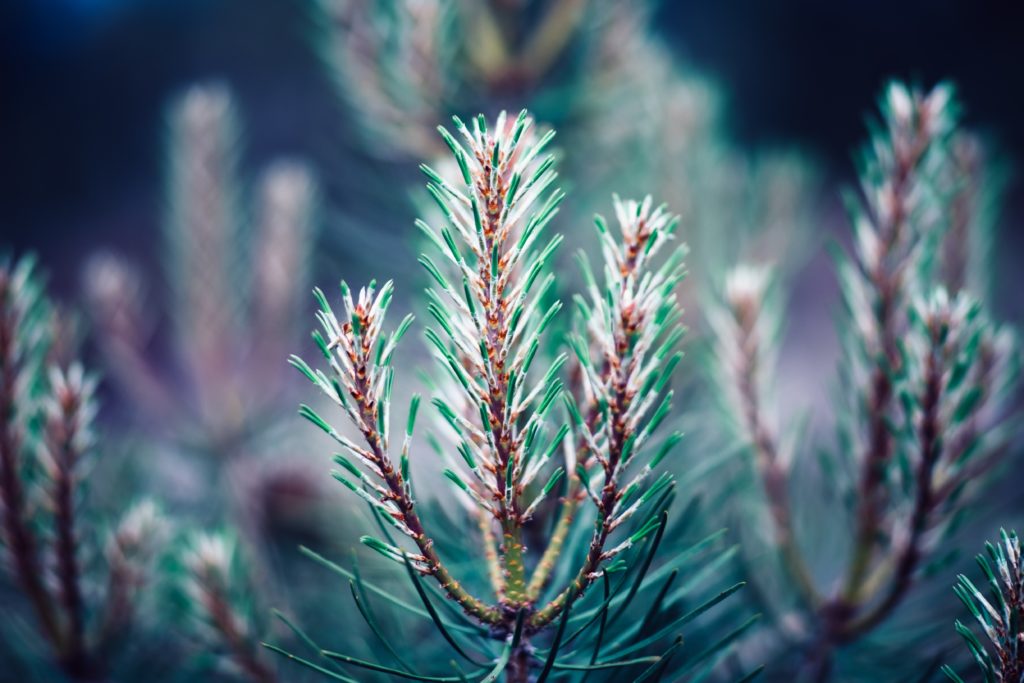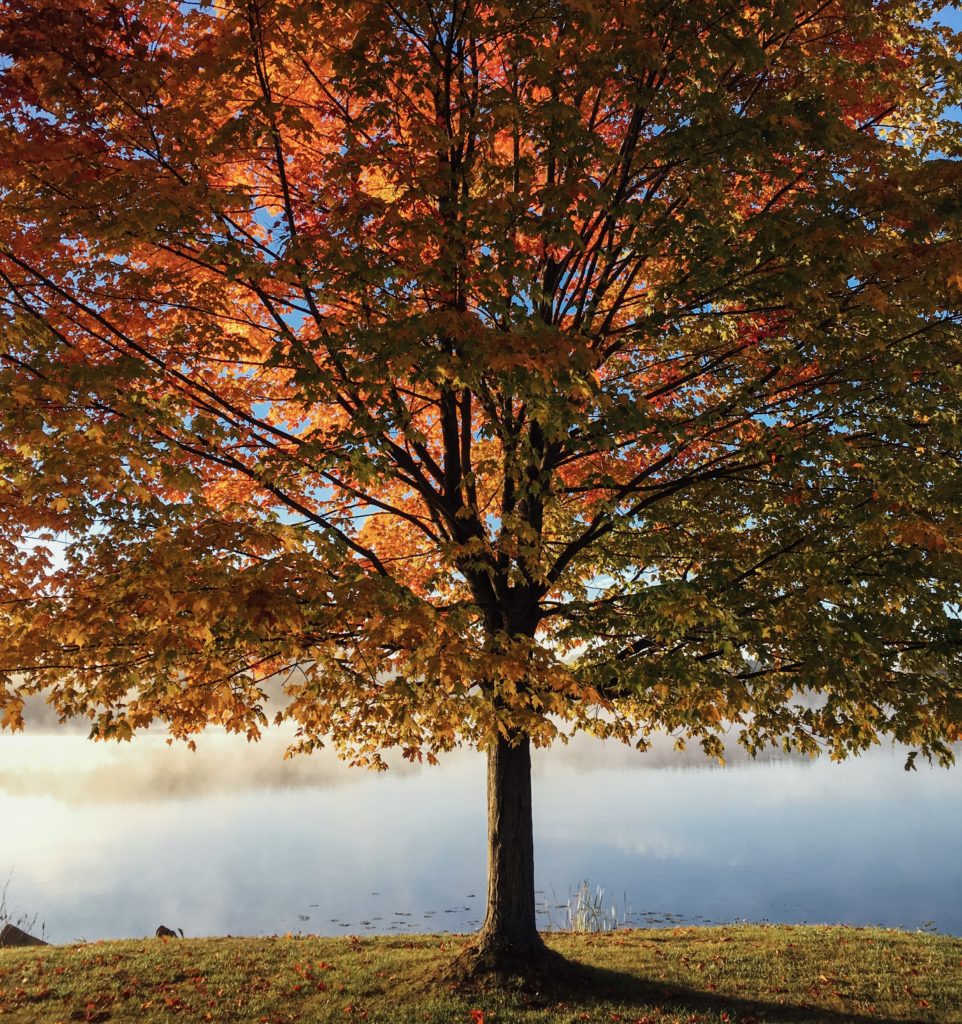Women’s stories are hard to believe. And they are hard to tell. They don’t fit the narrative, someone will tell you. They are called exaggerated, overemotional, irrational, and unbelievable. Women’s stories are often horror stories. They terrify us because we realize how vulnerable and powerless women are.
The other day I watched the documentary American Nightmare on TV. It was a story you couldn’t turn away from, although many had.
A man and woman are attacked in their bed in the middle of the night by a masked intruder. The man is knocked out while the woman is drugged and kidnapped. She spends hours tied up and blindfolded in the trunk of a car, then days being assaulted in a blacked-out room.
The police never go looking for her because they don’t believe the story the man tells about what happened. It doesn’t fit the narrative.
When her captor releases her, the police don’t believe her either. They don’t even listen. They’ve already decided it’s a hoax, and that makes her the criminal. Is the nightmare what happened to her that fateful night or what happened to her after?
When my daughter was in college she made friends who were student filmmakers, among them, women filmmakers. Some made films with crews comprised entirely of women: actors, writers, directors, producers, camera operators, editors. These women came together to tell women’s stories, the stories that most often don’t get told. Now she and her friends are trying to tell one such story in a short film entitled There’s Someone at the Door. It’s about how two women respond to the possibility that danger is lurking in the dark. This is a fear that can be present everywhere, everyday, especially in the lives of women.
The artists involved are raising money for the film. They have a far-off goal, but they will make the film anyway, somehow. Perhaps you can help these women tell the story, even in a small way. (At Indiegogo, click the red button that reads “See Options.) What matters most is that someone believes in them.
Thank you.

